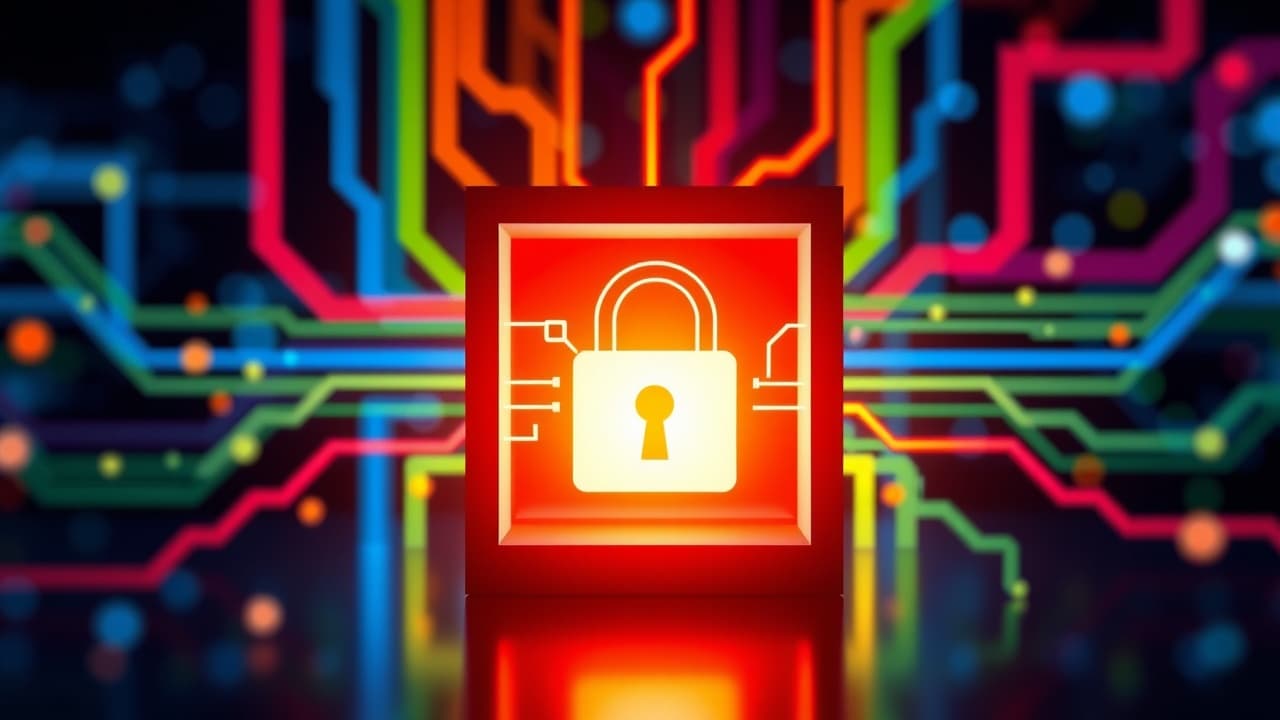Online Security with VPN Encryption and Advanced Cybersecurity Measures”
VPN encryption plays a crucial role in safeguarding online activities and protecting sensitive data from cyber threats. By encrypting data, VPNs ensure that information transmitted over the internet remains confidential and secure from prying eyes. This encryption process involves converting readable data into an encoded format that can only be deciphered by authorized parties. As cyber threats continue to evolve, the significance of VPN encryption becomes even more pronounced. It acts as a barrier against hackers, preventing them from intercepting and exploiting personal information such as passwords, credit card details, and private communications. Moreover, VPN encryption helps maintain anonymity by masking the user’s IP address, making it difficult for third parties to track online activities. This is particularly important in an era where data breaches and identity theft are prevalent. By understanding the importance of VPN encryption, individuals and organizations can make informed decisions about their online security measures, ensuring that their digital footprint remains protected from potential threats.
Advanced Cybersecurity Measures
Implementing advanced cybersecurity strategies is essential for enhancing overall online security and preventing unauthorized access. As cyber threats become more sophisticated, relying solely on basic security measures is no longer sufficient. Advanced cybersecurity measures encompass a range of techniques and technologies designed to protect digital assets from various threats. These include intrusion detection systems, firewalls, multi-factor authentication, and encryption protocols. By employing these measures, organizations can create a robust security framework that deters cybercriminals and minimizes the risk of data breaches. Additionally, advanced cybersecurity strategies involve continuous monitoring and analysis of network traffic to identify and respond to potential threats in real-time. This proactive approach allows organizations to stay one step ahead of cyber attackers, ensuring that vulnerabilities are addressed promptly. Furthermore, employee training and awareness programs are crucial components of advanced cybersecurity measures, as human error remains a significant factor in security breaches. By fostering a culture of cybersecurity awareness, organizations can empower their workforce to recognize and mitigate potential threats, ultimately strengthening their overall security posture.
Choosing the Right VPN Service
Selecting a reliable VPN service is essential to ensure robust encryption protocols and top-notch privacy features. With an array of vpn for macbook providers available, figuring out which service aligns with personal needs can be quite a task. When evaluating a VPN, it’s crucial to look at factors like encryption standards, server locations, and privacy policies. A reputable service should offer strong encryption protocols, such as AES-256, to ensure data security. Having servers in various locations is also beneficial, enabling users to bypass geo-restrictions and access content from different regions. Equally important are the privacy policies, as they determine how the provider manages user data. Opting for a no-logs policy assures users that no information about their online activities is stored, enhancing privacy. User-friendly interfaces and dependable customer support further contribute to a positive VPN experience. By examining these factors carefully, individuals can select a VPN service that meets their security and privacy needs, allowing peace of mind while navigating the digital landscape.
Best Practices for Online Security
Maintaining online security calls for adherence to essential practices, including regular software updates, strong password management, and an awareness of phishing scams. Regular software updates are vital to protect devices from vulnerabilities that cybercriminals may exploit. By keeping operating systems, applications, and antivirus software up to date, users can ensure they have the latest security patches and features. Strong password management is another critical aspect of online security. Using unique, complex passwords for each account and enabling two-factor authentication can significantly reduce the risk of unauthorized access. Additionally, being aware of phishing scams is crucial in preventing identity theft and data breaches. Phishing attacks often involve deceptive emails or websites designed to trick users into revealing sensitive information. By exercising caution and verifying the authenticity of communications, individuals can avoid falling victim to these scams. Furthermore, educating oneself about emerging threats and staying informed about cybersecurity best practices can empower users to make informed decisions and protect their digital assets effectively.
Future Trends in Cybersecurity

Emerging trends in cybersecurity are poised to further strengthen online protection in an increasingly digital world. One significant trend is the rise of artificial intelligence (AI) and machine learning in cybersecurity. These technologies enable the development of advanced threat detection systems that can analyze vast amounts of data and identify patterns indicative of cyber threats. By leveraging AI, organizations can enhance their ability to detect and respond to attacks in real-time, minimizing potential damage. Another trend is the growing importance of zero-trust architecture, which emphasizes strict access controls and continuous verification of user identities. This approach reduces the risk of unauthorized access by assuming that threats can originate both inside and outside the network. Additionally, the increasing adoption of blockchain technology offers promising solutions for enhancing data security and integrity. Blockchain’s decentralized nature and cryptographic features make it an attractive option for securing transactions and sensitive information. As these trends continue to evolve, they hold the potential to revolutionize cybersecurity practices, providing individuals and organizations with more robust tools to safeguard their digital assets.




